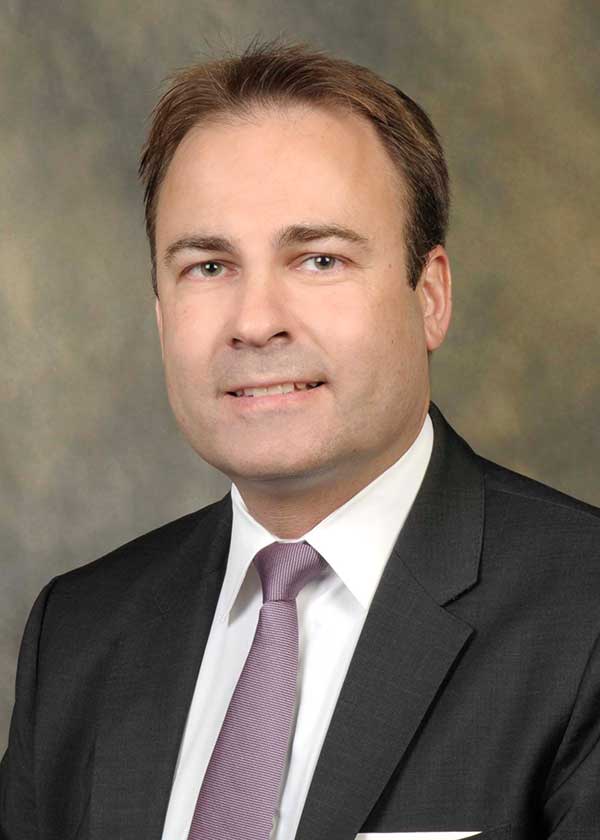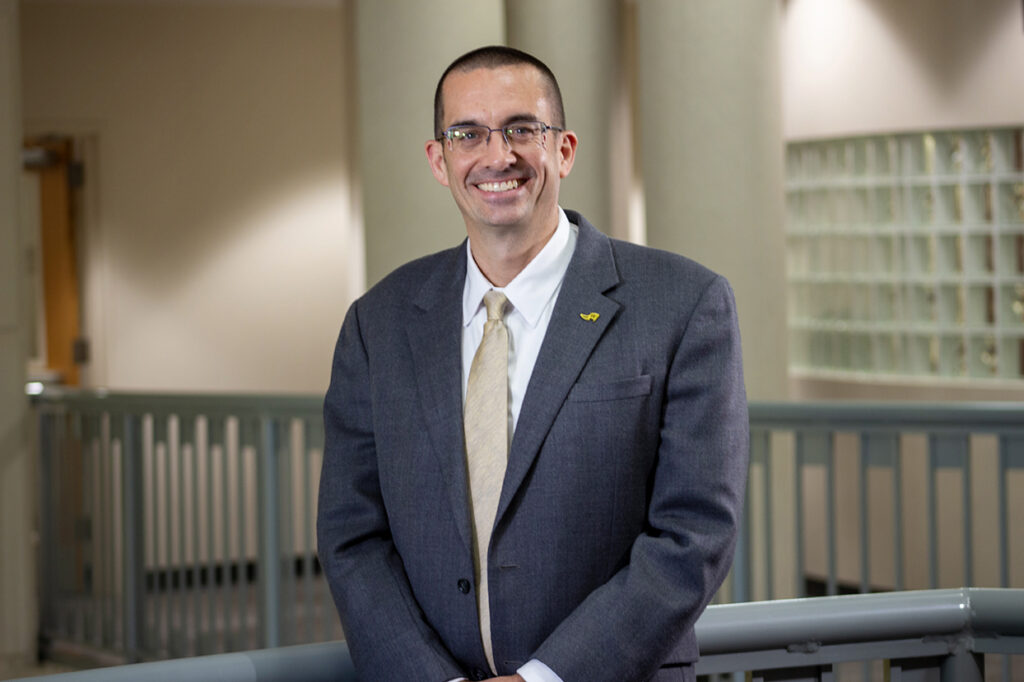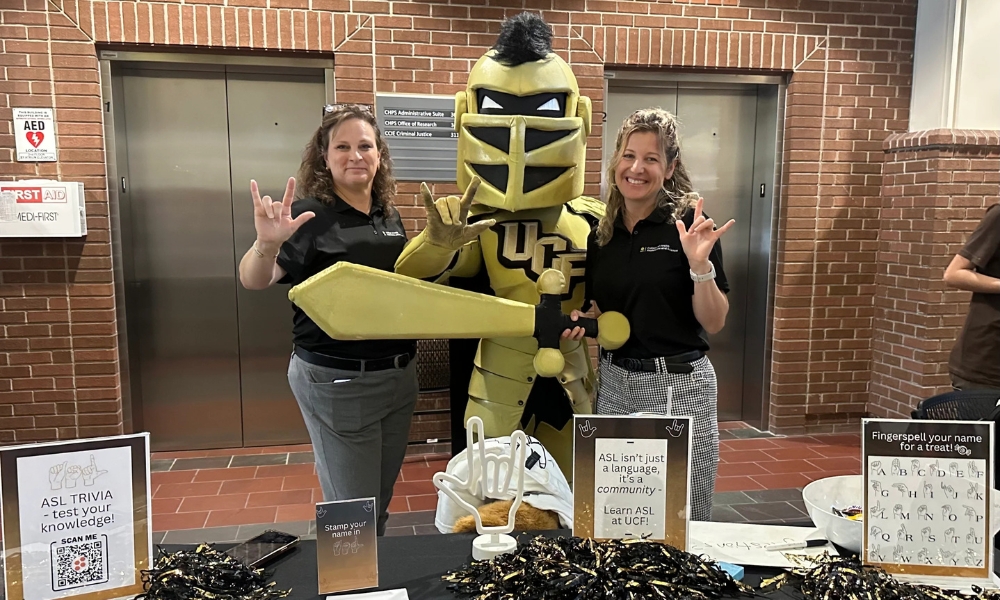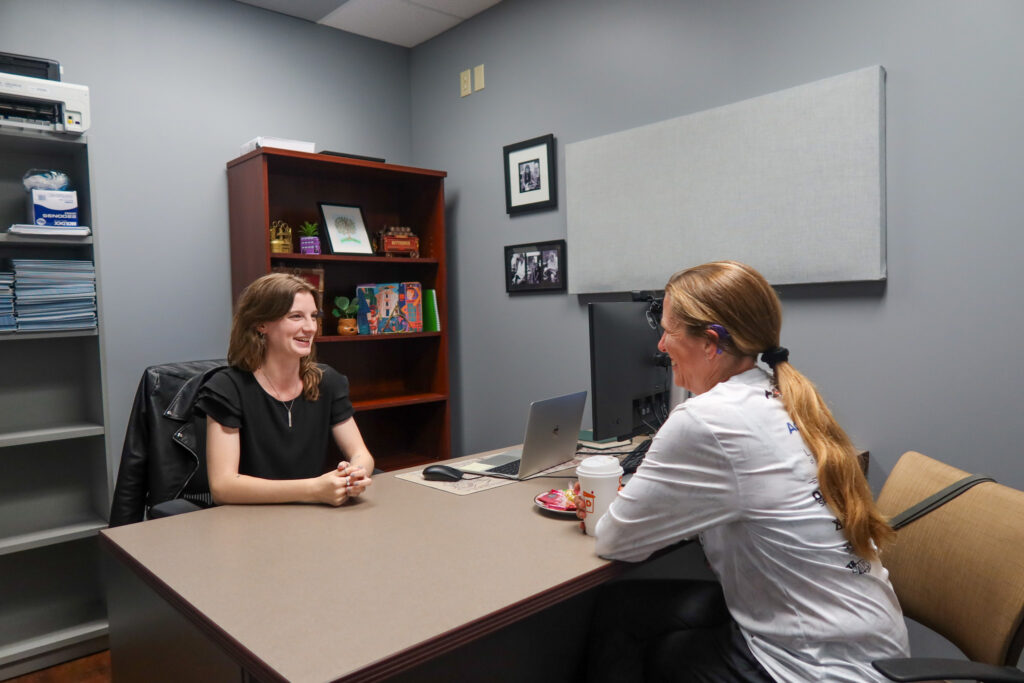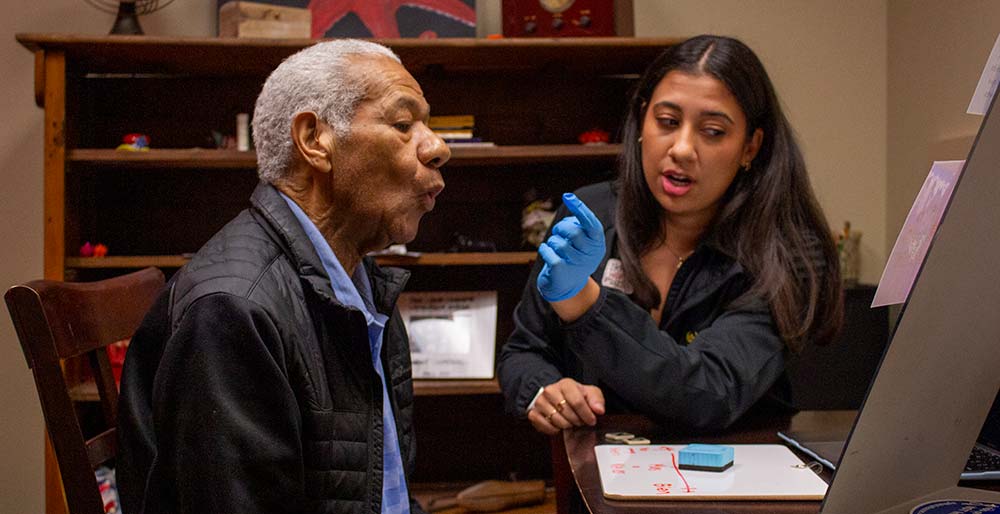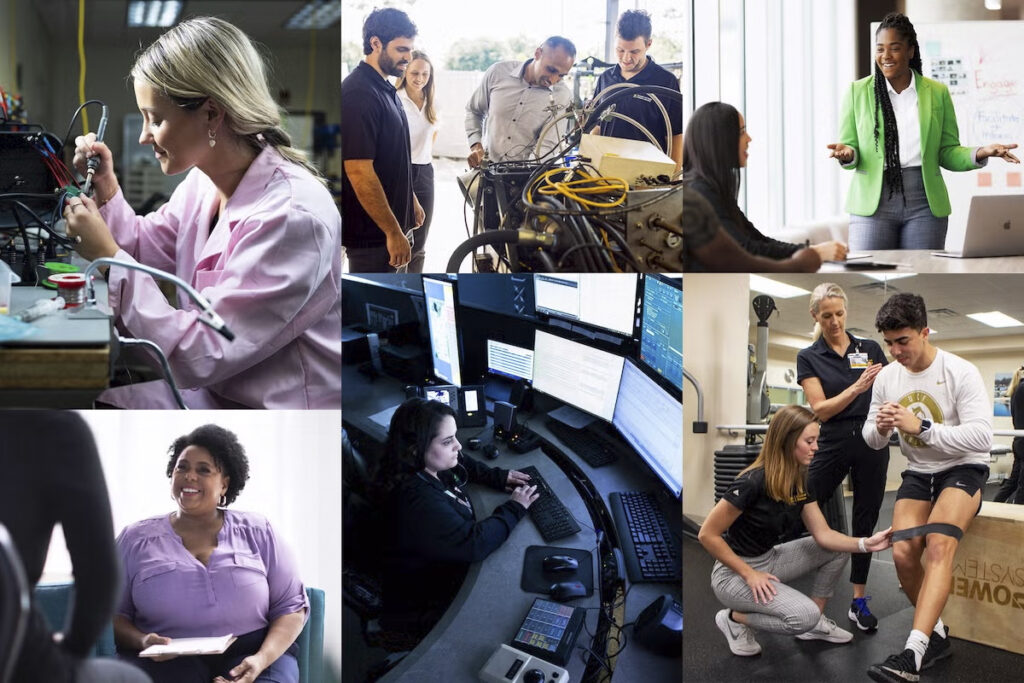When Oliver Wendt, an assistant professor in the School of Communication Sciences and Disorders, was in gymnasium – the German equivalent of high school – he had a decision to make.
Wendt, along with all gymnasium graduates at the time, was required to choose between a two-year stint in the military, or two years in public service.
He chose to work with developmentally delayed children. From his experience, he saw firsthand that improving their spoken communication also significantly improved their quality of life.
Since then, Wendt has devoted his life to researching and developing therapies for nonverbal and minimally verbal children on the autism spectrum.
Wendt, who has doctorate degree in special education and majored in augmentative and alternative communication, is also an entrepreneur who had developed two communication apps – SPEAKall and SPEAKmore – which have been successfully used by many children with development disabilities and which Wendt has continued to refine and enhance since joining the communication sciences and disorders faculty at UCF.
In his first year as a visiting professor at UCF, Wendt received several accolades, including the Autism Hero Entrepreneurial Award for his research and development efforts in the apps from the Anna Kennedy Online charity in the United Kingdom, and was named best startup idea last year by GAIN, the German Academic International Network.
Recently, Wendt was recognized by Communication Matters, a United Kingdom advocacy group for furthering evidence-based research in augmentative and assistive communications. He was also recently chosen to present his apps to “The Arc Tank,” a program sponsored by NortheastArc based on the hit television show, “Shark Tank,” in which budding entrepreneurs present their inventions to potential investors at a chance to secure funding.
Wendt helps to further innovation in assistive speech technologies through his involvement in the Disability and Rehabilitation Coordinating Group within the Campbell Collaboration, a nonprofit research network that promotes evidence-based treatment and practice, trains applied researchers on proper research methods and publishes the Campbell Systematic Reviews journal.
In addition to teaching graduate level augmentative and assistive communication (AAC) courses, Wendt is also the director of the AAC Lab, located in UCF’s Research Park, where faculty and students develop technologies for those on the autism spectrum with little or no functional speech.
And while there will always be a place for low-technology communication aids, Wendt said children “generally learn quicker using higher technology. It takes longer for me as a clinician to get the same result on a lower tech device.”
Plus, said Wendt, by using tablets like their typically developing peers, there is no stigma with the app. The app also allows typically developing children to play games with the children on the spectrum, increasing understanding and inclusivity.
“I hope that I can grow our lab to help more children and to continue to advance our research,” Wendt said.
So far, Wendt said, there are 40,000 worldwide users of his technology- mostly in academic clinical settings. His plans are to make the technology readily available to assist the greatest amount of people.
